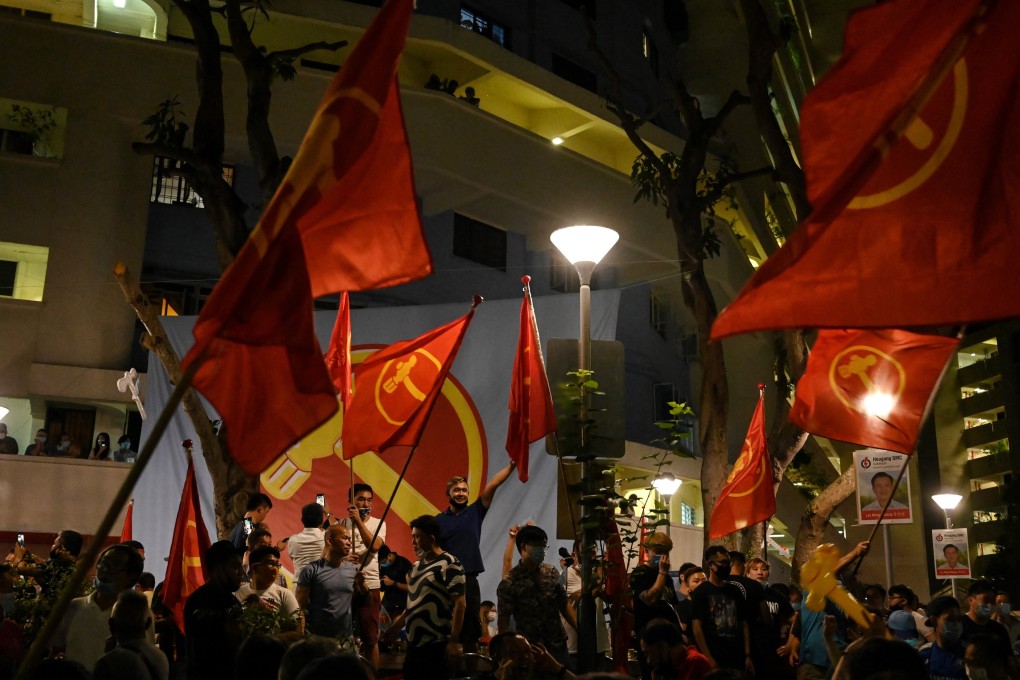Can Singapore’s opposition really win the next general election and form a coalition government?
- Such a scenario is unlikely, observers say, noting it could be a gambit by new PM Lawrence Wong to make voters go for the safe option of returning the PAP to power
- With the PAP’s dominance ‘firmly entrenched’, key opposition parties have focused on seeking more transparency and accountability from the government

In an interview with the local press before he took his oath of office as Singapore’s fourth prime minister, Wong said it was “not unimaginable for two or maybe three opposition parties to come together, form a coalition and run the government”.
Wong will be leading the ruling People’s Action Party (PAP) into the next general election which must be held by November 2025 but is widely expected to happen sooner than this legal deadline.

The PAP has won all of the republic’s 14 past general elections and with a supermajority that allows it to pass constitutional and other bills with ease. Among the 86 elected members in the country’s legislature, there are currently just eight opposition MPs, all from the Workers’ Party (WP).
The Singapore economy is projected to grow at 2.4 per cent this year, and inflation and unemployment are expected to remain largely unchanged.
The new prime minister’s speculation that the PAP could be at risk of losing power is therefore unlikely to sway the bookmakers, analysts say.
Rather, it is part of a standard PAP playbook warning voters not to take stable, competent government for granted – their hunger for more opposition voices could result in a so-called “freak election” that puts Singapore’s future in the hands of less capable politicians.
As a new prime minister untested at the polls, Wong also has a personal interest in tempering expectations. Even if the opposition increases its vote share and its parliamentary presence, which many expect, Wong would need to declare the result a resounding mandate for him and his team.
